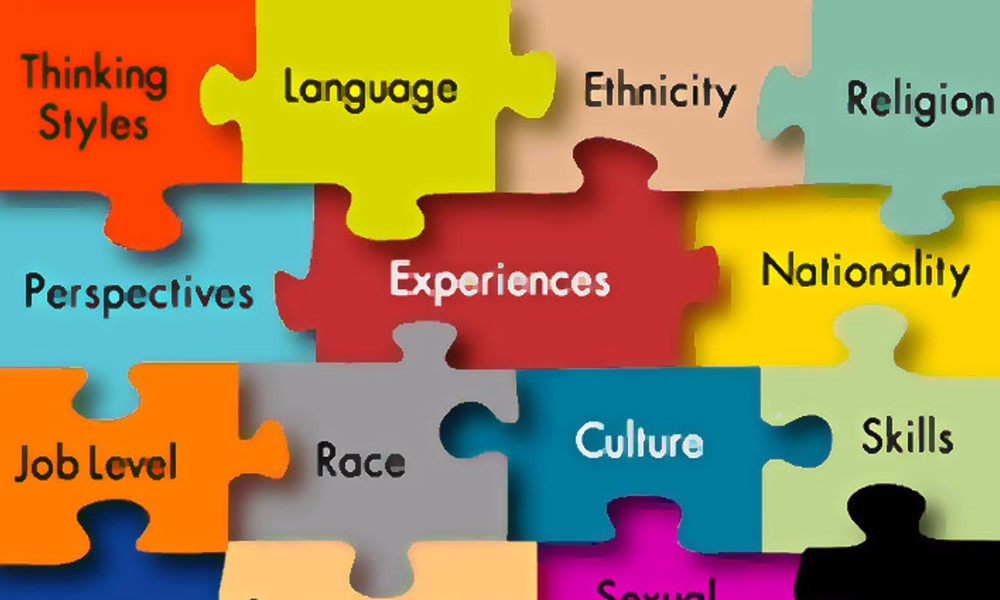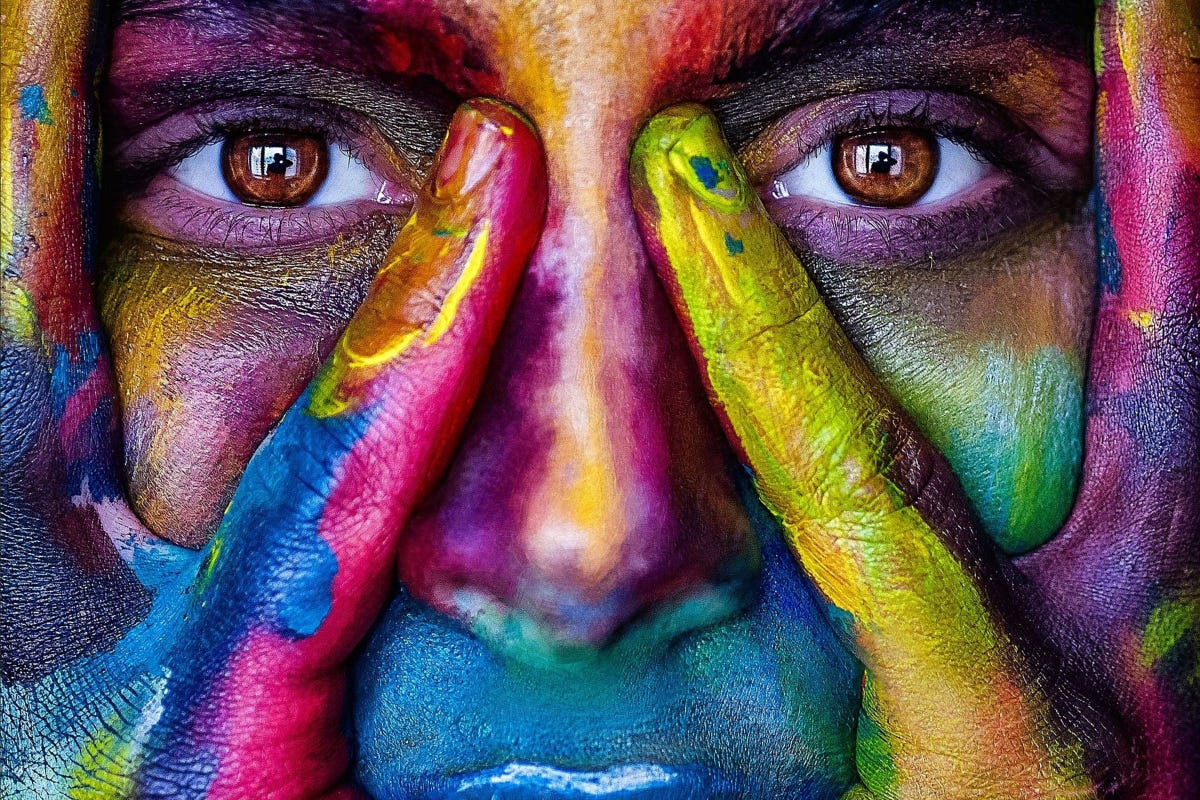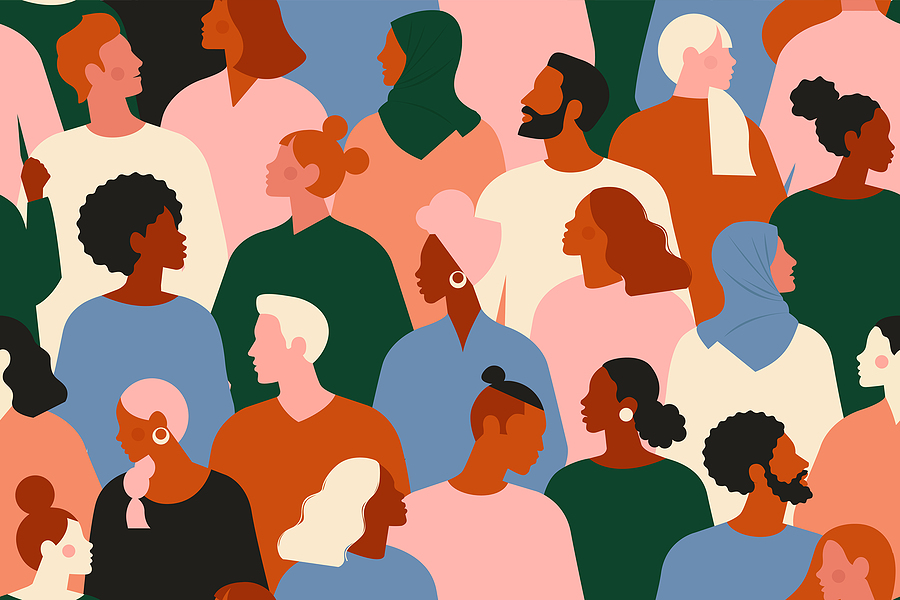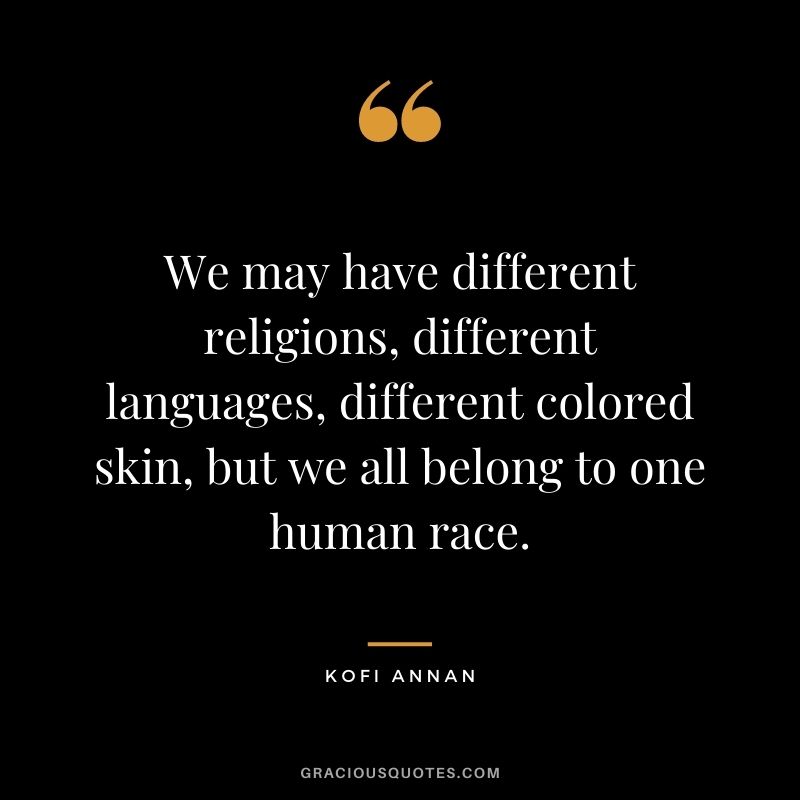RACE , ETHINICITY AND CULTURE
INTRODUCTION
Race, ethnicity and culture and their various derivatives are very close to us . These things mostly
,we can see in Asian country . If someone asked you
to describe your identity to them, where would you
begin? Would it come down to your skin color or
your nationality? What about the language you
speak, your religion, your cultural traditions or your
family's ancestry? This bewildering question often
pushes people to separate their identities into two
parts which are race and ethnicity.
But what do these
two terms actually mean. Sociology uses and
critiques the concepts of race and ethnicity,
connecting them to the idea of majority and minority
groups and social structures of inequality, power,
and stratification. “Race” refers to physical
differences that groups and cultures consider
socially significant, while “ethnicity” refers to
shared culture, such as language, ancestry, practices,
and beliefs. The sociological perspective explores
how race and ethnicity are socially constructed and
how individuals identify with one or more. Research
demonstrates how they are linked to social position
and to political and policy debates about issues such
as immigration, identity formation, and inter-group
relations.
RACE
A race is a grouping of humans based on shared
physical or social qualities into categories generally
viewed as distinct by society. The term ‘race’ is not
appropriate when applied to national, religious,
geographic, linguistic or ethnic groups. Sociological
definition of race is a category of people who have
been singled out as inferior or superior, often on the
basis of real or alleged physical characteristics such
as skin color, hair texture, eye shape, or other
subjectively selected attributes. When we consider
this as biologically , Only 6% of DNA differences in
humans can be attributed to racial differences and
thus many social and natural scientists have
dismissed race as a category.
Race and Racism
Racism is the belief that groups of humans possess
different behavioral traits corresponding to physical
appearance and can be divided based on
the superiority of one race over another. It may also
mean prejudice, discrimination, or antagonism
directed against other people because they are of a
different race or ethnicity.
Modern variants of
racism are often based in social perceptions of
biological differences between peoples. These views
can take the form of social actions, practices or
beliefs, or political systems in which different races Philosophy of Science are ranked as inherently superior or inferior to each
other, based on presumed shared inheritable traits,
abilities, or qualities .
when we study the race and
racism since history , There are so many conception
about race and racism . As examples,
- Monogenism (14th – 18th century) Racial classification by origin ,
- Polygenism (18th – 19th century) – Focus on inheritance of traits/hierarchy of races ,
- Evolutionism (late 19th century) – Races evolved over time, explained the dominance of Europeans,
- Race as Class, Culture (19th cent.)- Race was though to determine social standing and culture ,
- Race as Ethnicity,
- Nation (19- 20th century) – Racial mixing blurs fixed categories,
- Race used as a political strategy.
Further more I would like mention an incident in
America. On May 25, 2020, George Floyd, a 46-
year-old black man, was murdered in Minneapolis,
Minnesota, United States, while being arrested on
suspicion of using a counterfeit $20 bill. During the
arrest, Derek Chauvin, a white police officer with
the Minneapolis Police Department, knelt on Floyd's
neck for over nine minutes after he was handcuffed
and lying face down.Two other police officers, J.
Alexander Kueng and Thomas Lane, assisted
Chauvin in restraining Floyd. A fourth police
officer, Tou Thao, prevented bystanders from
interfering.
CULTURE
Cultural and racial diversity may lead some
individuals and societies to form prejudices about
members of a particular culture or race and to
practice discrimination. The term culture refers to
ideas, behaviors, beliefs, and traditions shared by a
large group of people and transmitted between
generations. While cultural differences may also
include racial differences, much diversity exists
within one culture
ETHNICITY
Compared to race, ethnicity is more recent, dating back to around 1765–75. It’s based on ethnic, itself
a much older word found in the 1300s. Via
Latin, ethnic ultimately derives from the
Greek éthnos, meaning “nation, people.”
It’s easy to confuse race and ethnicity. Both words are sometimes, but not always, used to describe a person’s heritage as tied to their ancestry or place of origin. Ethnicity, however, is generally used in reference to a person’s cultural markers, not their physical appearance. An ethnicity is a social group that shares a common and distinctive culture, religion, or language. It also refers to a person’s ethnic traits, background, allegiance, or association. Like race, the meaning and use of the word ethnicity has changed over the last few centuries.
REFERENCES
• Ballard, R., 2002. Race, ethnicity and
culture.
• Blum, L., 2019. in "Race: What we
mean, and What we think we mean", in
I'm not a racist, but... Cornell University
Press








Comments
Post a Comment